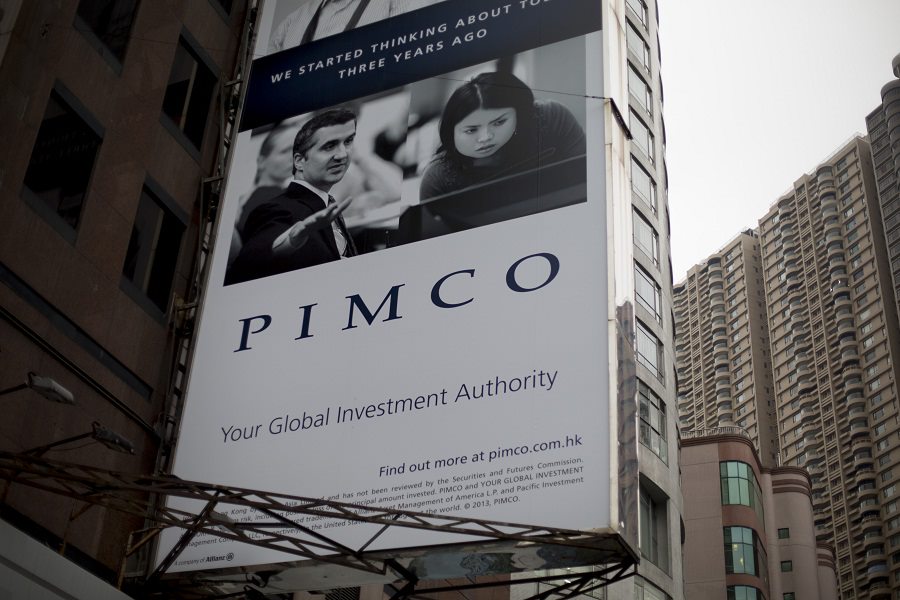

Pacific Investment Management Co. built up billions of exposure to Russian debt, opening up its funds to losses as markets price in a default by the sovereign.
The Newport Beach, California-based asset manager had at least $1.5 billion of sovereign debt, according to the latest fund filings compiled by Bloomberg. It had also placed about $1 billion of bets on Russia via the credit-default swap market as of Dec. 31, according to fund documents on its website. The Financial Times reported the holdings earlier on Thursday and said Pimco faces billions of dollars of losses should Russia default on its debt.
A representative for Pimco declined to comment.
If the swap market is to be believed, the probability of Russia defaulting on its foreign debt is high and the insurance is going to pay out. Trading on credit-default swaps, derivatives used to insure against non-payment of the debt they’re tied to, suggest that there’s a 71% chance of default within a year and 81% within five years. That means that much of the losses that Pimco’s funds face will already be reflected in their values.
At least four of Pimco funds sold credit-default swaps to investors, according to analysis of Pimco’s holdings at the end the year. That means that if Russia defaults on its debt, Pimco will have to pay out.
The majority of Pimco’s swaps sit in its $140 billion Income fund, run by Chief Investment Officer Dan Ivascyn, alongside Alfred Murata and Joshua Anderson. The fund disclosed that it had written almost $942 million of protection on Russia by the end of 2021. The other funds holding positions include Pimco’s Total Return bond fund, its Emerging Markets bond fund, and Low Duration income funds.
It costs $5.8 million upfront and $100,000 annually to insure $10 million of Russia’s debt for one year, according to ICE Data Services. That compares with about $3.8 million in advance last week and about 300 basis points — or $300,000 annually — before Russia’s invasion of Ukraine.
Russia has $117 million worth of coupons due for payment on dollar bonds on March 16. Even if Russia decides to make the payments, but in rubles rather than dollars, the swaps could eventually be triggered.
If Russia fails to pay its obligations to foreign creditors, it will be the first time since the Russian Revolution, when the Bolsheviks repudiated czarist bonds. In 1998, it defaulted on its domestic debt, while the foreign debt was restructured.
While the exposure is sizeable, it represents a tiny fraction of the $2.2 trillion Pimco managed at year end.

A new analysis finds long-running fiscal woes coupled with impacts from the One Big Beautiful Bill Act stand to erode the major pillar for retirement income planning.

Caz Craffy, whom the Department of Justice hit with a 12-year prison term last year for defrauding grieving military families, has been officially exiled from the securities agency.

After years or decades spent building deep relationships with clients, experienced advisors' attention and intention must turn toward their spouses, children, and future generations.

The customer’s UBS financial advisor allegedly mishandled an options strategy called a collar, according to the client’s attorney.

An expansion to a 2017 TCJA provision, a permanent increase to the standard deduction, and additional incentives for non-itemizers add new twists to the donate-or-wait decision.
Orion's Tom Wilson on delivering coordinated, high-touch service in a world where returns alone no longer set you apart.
Barely a decade old, registered index-linked annuities have quickly surged in popularity, thanks to their unique blend of protection and growth potential—an appealing option for investors looking to chart a steadier course through today's choppy market waters, says Myles Lambert, Brighthouse Financial.
